
Producing over 40% of teachers in South Africa
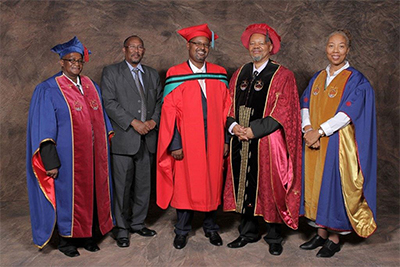
Prof Michael Temane (Acting Registrar), HE Dr Shiferaw Teklemariam (Ambassador, Extraordinary and Plenipotentiary: Federal Democratic Republic of Ethiopia), Dr Wakjira Gorman Mekonnen (MP: Ethiopia House of Representatives), Prof Mandla Makhanya (Principal and Vice-Chancellor, Unisa), and Dr Daisy Selematsela (Acting Vice-Principal: Research, Postgraduate Studies, Innovation, and Commercialisation)
“Graduation ceremonies are always exciting times because it is a recognition of the work that our students have invested in their studies over an extended period of time,” said Prof Mandla Makhanya, Unisa Principal and Vice-Chancellor, during the College of Education (CEDU) graduation ceremony on 29 March 2018.
The ZK Matthews Great Hall was abuzz with excitement on this special evening. The degree of Doctor of Education (DED) was conferred on the Honourable Wakjira Gorman Mekonnen, Member of the Parliament of Ethiopia (House of Representatives), serving on the foreign, defence and security affairs standing committee.
The evening was also a celebration of the achievement of graduates who obtained their qualifications in the categories of doctoral, master’s, honours, bachelor’s, undergraduate diplomas, higher diplomas, certificates and postgraduate certificates in education. They have joined the fraternity of Unisa alumni, such as Nelson Mandela, a South African anti-apartheid revolutionary, political leader, and philanthropist, who served as President of South Africa from 1994 to 1999, and for whom centenary celebrations are currently being held around the world.
The celebration began with the Chancellor’s address rendered by Professor Mishack Gumbo from the Department of Science and Technology Education. He appealed to the graduates to use their qualifications for the benefit of society.
Mekonnen expressed his most sincere gratitude to his supervisors, Dr Sindile Ngubane-Mokiwa, a senior researcher at the Institute for Open Distance learning (IODL) within the College of Graduate Studies, and co-supervisor Professor Victor Pitsoe from CEDU’s Department of Educational Leadership and Management.
The new doctor explained that the maternal and caring style of supervision he had experienced bridged the gap between South Africa and Ethiopia. He added that his decision to enrol at Unisa was because Unisa can be counted amongst the oldest universities in Africa. The institution is 145 years old this year and is known for shaping futures in the service of humanity. “Unisa is the most widely recognised institution of higher learning in Ethiopia,” said Mekonnen.
The Unisa Ethiopia Regional Centre has more than 140 PhD candidates currently. Ministers and government officials of the Ethiopian government are mostly Unisa alumni, “They are researchers, lecturers, and university presidents,” said Mekonnen, as he explained that an emerging country such as Ethiopia needs human resources and Unisa has played a significant role to this end.
Mekonnen is a former teacher, school principal and college dean. He said that he agreed with Nelson Mandela, who said that “education is the most powerful weapon which you can use to change the world”. He added that it remained the key for all things and was the best weapon for overcoming poverty.
Mekonnen is a typical example of the Unisa student who is determined and self-directed. Previously, while studying towards his Bachelor of Education (BEd), he also acquired a parallel degree, a Bachelor of Laws (LLB), and thereafter he qualified for a Master of Education (MED) in Education Management. It is important to note that Parliamentarians are not assigned according to their educational backgrounds but because of political capacity and views.
Mekonnen emphasised that if challenges within the education system were not addressed at the foundation phase, it would be impossible to remedy them at a later stage, especially at the higher level of education. In his thesis, entitled Experiences of parents’ involvement in the management of primary schools in Oromiya National Regional State, Ethiopia, he investigated the nature and extent of parental involvement in school management.
His findings constitute an original and valuable contribution to improving parental involvement in policies, programmes, and guidelines as a way to render school management more integrated and inclusive. Parents make a vital contribution to school improvement and every primary school should strive to build a sustainable relationship with parents in order to achieve quality primary education, especially for developing countries.
The study has great potential towards the contribution of quality education in Africa and other developing countries and more specifically to the global policies such as Education for All (EFA), the Dakar Framework for Action, and sustainable development goals (SDGs).
*By Dineo Horner
Publish date: 2018-05-03 00:00:00.0
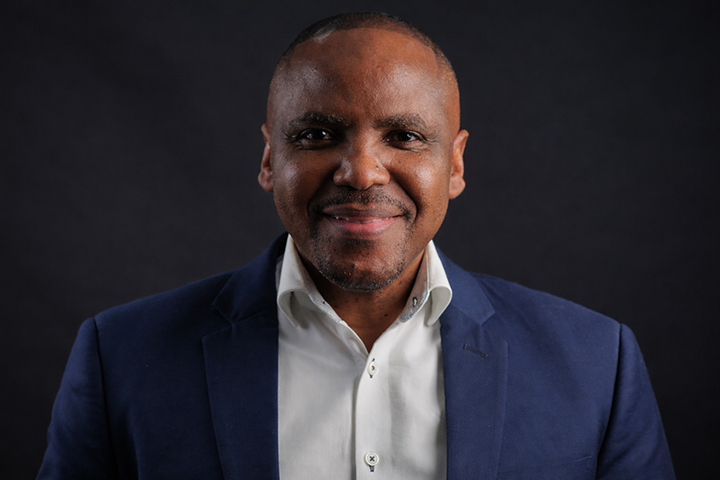 National leader in mathematics education aims to improve outcomes
National leader in mathematics education aims to improve outcomes
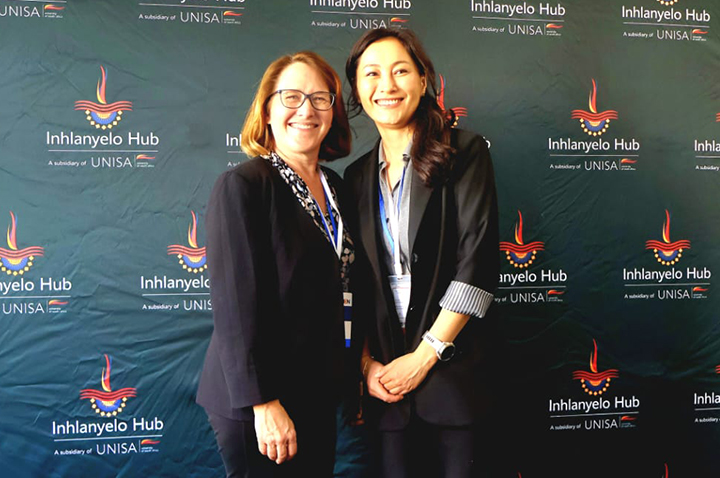 Unisa roundtable focuses on empowering SA women to lead in innovation
Unisa roundtable focuses on empowering SA women to lead in innovation
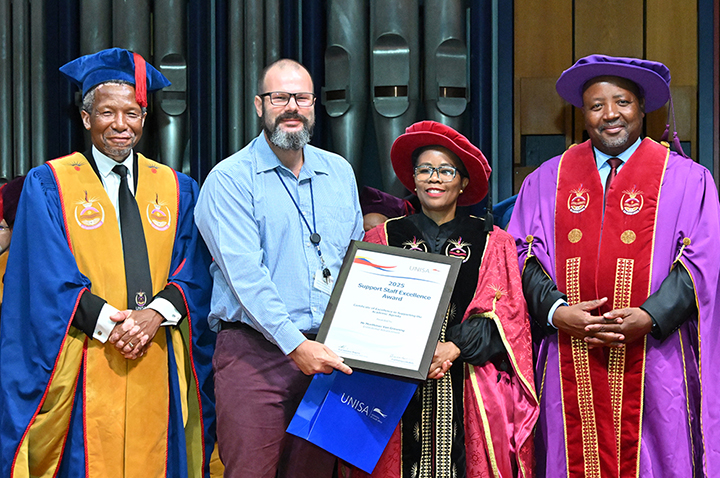 Unisan recognised for web excellence
Unisan recognised for web excellence
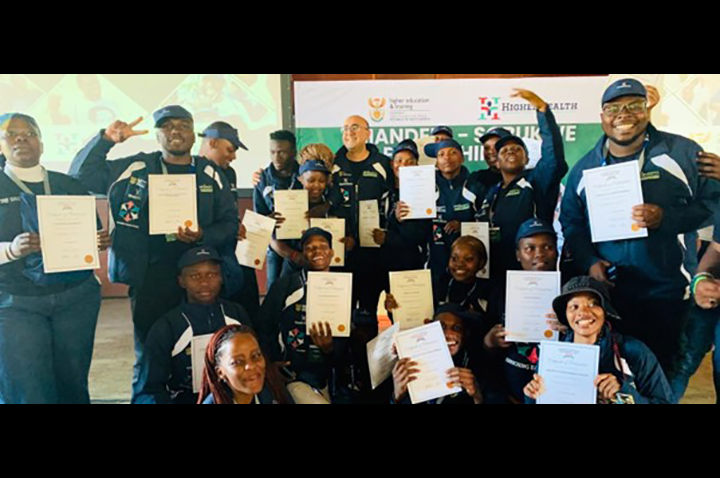 Office of the Dean of Students participates in leadership camp
Office of the Dean of Students participates in leadership camp
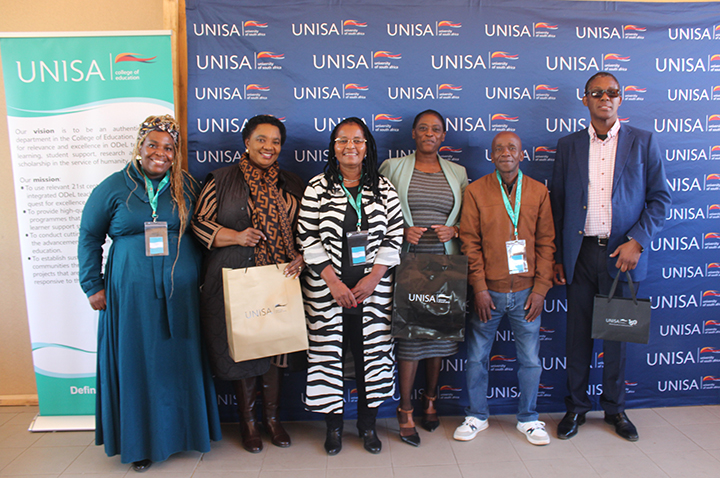 Unisa project fosters digital and pedagogical innovation in Limpopo schools
Unisa project fosters digital and pedagogical innovation in Limpopo schools